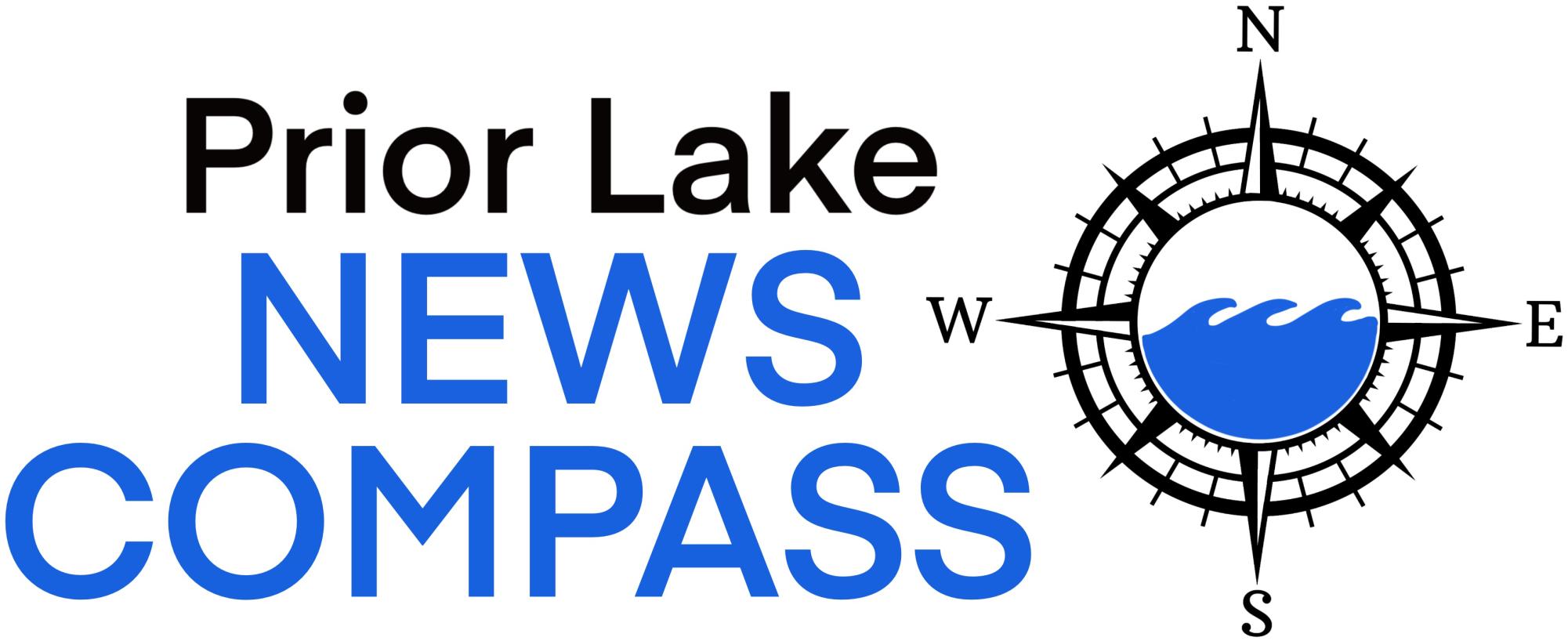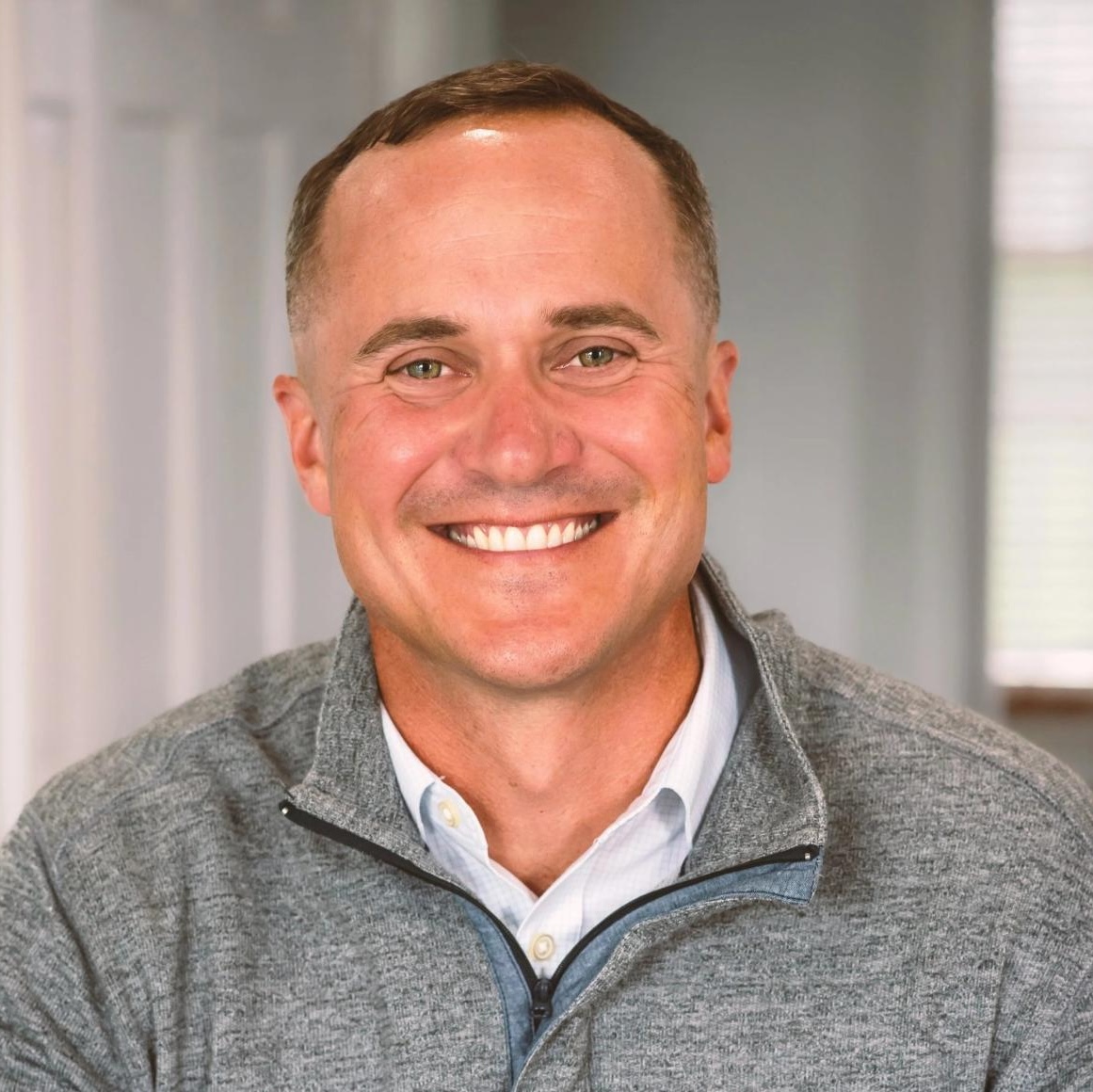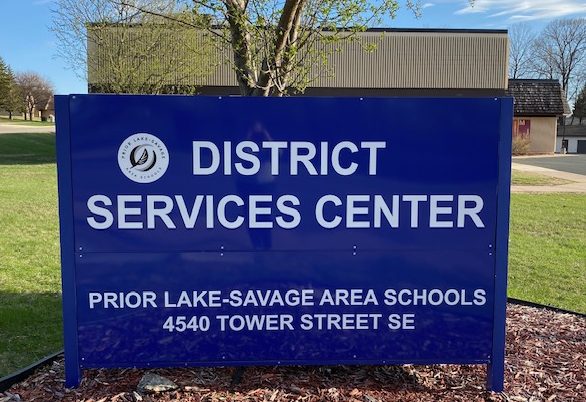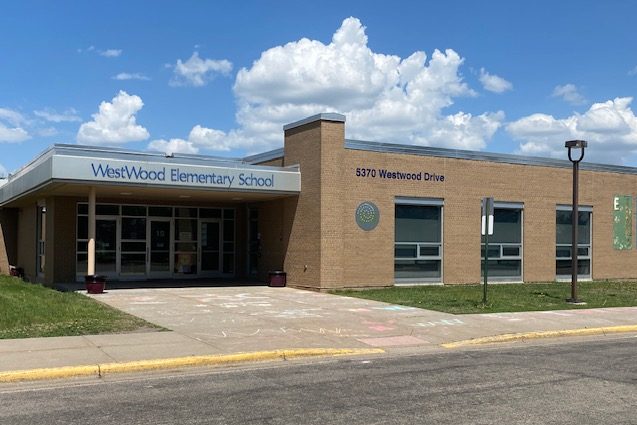Prior Lake-Savage Area Schools district cannot cut its way out of its current fiscal predicament, according to school board hopeful Dustin Smith.

Smith, chief human resources officer at The Arc Minnesota, a nonprofit that provides resources to people with intellectual and physical disabilities as well as their families, and Jon Conlon, chief financial officer and founder of WAEV, a low-speed electric vehicle manufacturer, are vying to fill the seat left vacant by former board member Enrique Velazquez’s 2024 resignation.
Board chair Dan White currently holds the seat after being appointed in 2025. The victor will serve the remainder of the term that will end in January 2027.
Key school issues in the special election have included budget cuts, closures, the loss of experienced professionals and the board’s elimination of the district’s resolution on diversity, equity and inclusion — or DEI.
Early and absentee voting for the school board race has already begun, with residents able to submit their ballot before the Nov. 4 election at Prior Lake City Hall weekdays between 8 a.m. and 4:30 p.m.
As part of its ongoing coverage of the Prior Lake-Savage Area Schools board race, the Prior Lake News Compass asked both Smith and Conlon to fill out a candidate questionnaire by 5 p.m. Oct. 5. The questions, as well as Smith’s responses, are below. Conlon’s responses can be found here.
1. Introduce yourself to our readers, i.e., length of time you have lived here, family, education, career, reasons for running for the school board and anything else our readers should know about you.
I grew up in Prior Lake, attending our schools through 9th grade. After building a family, earning a master’s degree in HR management from St. Mary’s University of Minnesota and working my way up to the role of chief human resources officer for a nonprofit, my wife, Kaylee, and I returned to this district. We were drawn by its excellence and the community we want for our two boys, who recently started kindergarten. What began as wanting to contribute where my children would attend school has grown into a genuine commitment to all students, staff and families.
2. What is your assessment of the decisions made recently by the current board related to the sale of the District Services Center, closing WestWood as a neighborhood school and other major budget cuts approved in recent months?
I supported the board’s decision to approve the site consolidation plan proposed by the district and believe it struck the right balance of reducing expenses where they could while ensuring that core services and administrative responsibilities were not adversely impacted.
I was disappointed to see three board members vote to delay the implementation of this proposal after having nearly two months to discuss the topic. Even more shocking and frustrating, some of those board members remarked that the district should close and sell two elementary schools in addition to the site consolidation proposal.
3. Many school districts across the state face similar financial struggles, and more challenges are expected in the future should current funding measures remain unchanged. If more cuts are needed in the next few years, what additional initiatives would you support in order to achieve a balanced budget?
In the ’24-’25 budget, nearly 80% of our expense was staff salary and benefits while another 15% was purchased services and supplies. That is roughly 95% of the budget. If we continue to cut approximately $4 million year over year, the quality of education in our schools will be greatly diminished.
We cannot continue cutting our way out of this. What we have is not an expense problem. It is a revenue problem. I believe the district needs to revisit an operating levy while pressing the state to update its outdated funding model as part of our legislative work.
4. The current school board voted earlier this year to eliminate its resolution in support of equity and inclusion. Some district residents and several current board members expressed considerable opposition to that decision. Do you agree or disagree with the final decision and why?
Whether you agreed or disagreed with the decision, the fact that there was no prior discussion or community feedback along with being presented and voted on at the same meeting is a great concern. There was no prior discussion, no opportunity for community feedback and the item was presented and voted on at the same meeting. For a board that places a strong emphasis on transparency, this raises understandable concerns. The community deserves confidence that significant decisions are made through open dialogue. When that process leaves room for doubt, it undermines the trust that is essential to effective governance.
5. Several administrative leaders have chosen to leave the district’s employment in 2025. What should PLSAS (Prior Lake-Savage Area Schools) be doing to attract and keep the best talent?
Retaining the best talent requires trust, resources and stability. No organization can achieve its goals if employees do not feel recognized or respected for their work. An environment is defined by more than simply a physical location, it is also defined by the people working alongside you to achieve the organization’s mission.
No one wants to work for an employer who only focuses on shortcomings, constantly questions your expertise or demeans your accomplishments. We must create an environment where administrative leaders, along with teachers and staff, are seen as meaningful partners and celebrated for their contributions.
6. Why are you the best candidate to serve on the PLSAS board?
I am the best candidate for this role because I will put students and teachers at the front of every decision I make. The challenges facing our district are significant, but I believe the way we approach them matters just as much as the solutions themselves. If we support our leadership and educators, we can move our strategic plan forward and improve student outcomes. If we face our budget challenges with honesty, acknowledging that the state funding model is broken but also exploring local solutions, then we can protect classrooms and preserve the excellence this community expects.
Seth A. Richardson is interim editor of the Prior Lake News Compass.



